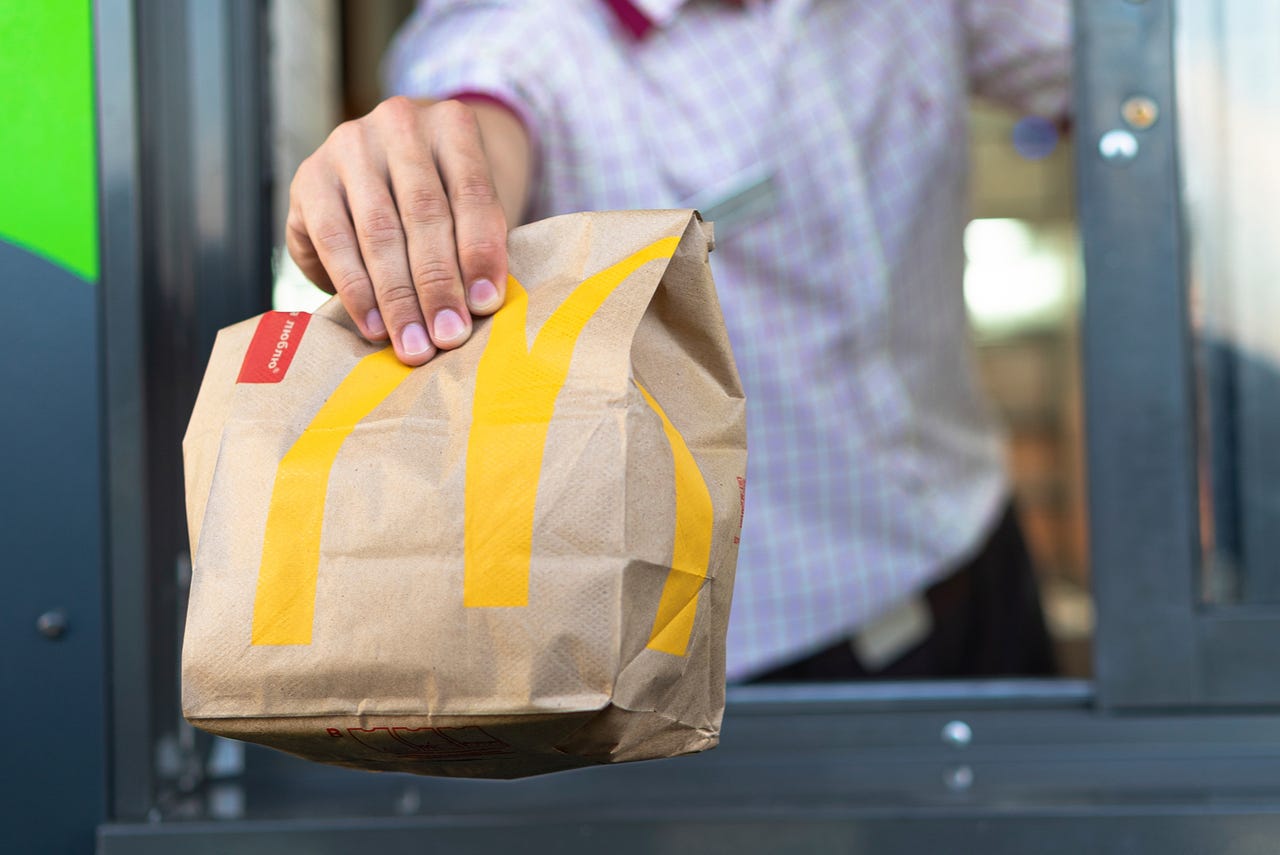McDonald's just launched a brilliant new way for customers to save money


Thinking of its customers?
The pandemic served McDonald's quite well.
more Technically Incorrect
It suddenly had an even more captive market, prepared to pay a little bit more just to get familiar food quickly.
Soon, though, inflationary pressures loomed and prices accelerated.
This is a little uncomfortable for a brand that has always claimed to represent value. But what can any fast-food purveyor do to make customers feel even a little better?
How about making them believe that none of the bad stuff ever happened? How about finding an entertaining way for them to get the sort of deals they got before so much of the world went askew?
That's what McDonald's Swedish arm did, with a little technological help.
A campaign called "Deals Stuck in Time" asks customers to scour Google Street View to find real McDonald's billboards from times gone by -- 2009, for example.
Yes, McDonald's actually went into Street View and used a little techno know-how to alter several existing billboards and turn back time, to finer years gone by.
All customers had to do is work out which year the deal ran, then go to the Deals Stuck in Time website and claim their cheap food.
McDonald's Sweden marketing director Staffan Ekstam put it like this: "We thought it was a good and fun idea to revive old McDonald's offers and allow for 'time travels,' especially at a time when price is discussed more than ever. We hope that people will take the chance to travel back in time and enjoy their McDonald's favorites like it was 2009 all over again."
2009? I remember that. The year Bitcoin was created, the year Circuit City closed all its fine establishments, and the year Grindr launched.
You see? Much happier, more optimistic times.
Oh, the McDonald's campaign is just marketing of course. It was nothing more than a limited-time promotion.
But there's something heartening when a big brand expresses the tiniest consciousness that its customers might be suffering a little.
Moreover, when a brand decides to be even marginally clever and uses technology in a simple and entertaining way, one can't help but offer a tinge of admiration.
I wonder how this campaign would go down in the US, where some customers are complaining, for example, that they were charged $16 for a Combo Meal.
Surely many might think, even if they don't remember too much about it, that 2009 must have been a slightly easier, saner time to live.